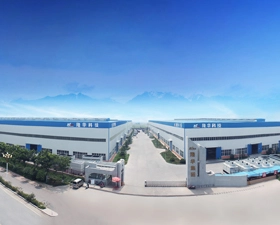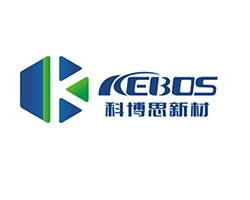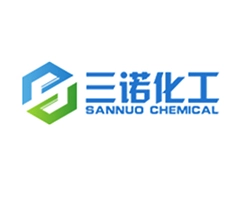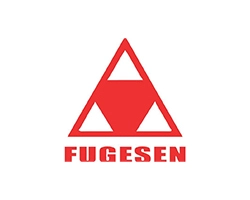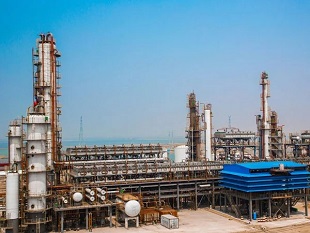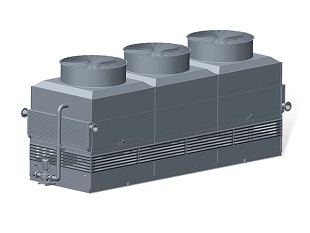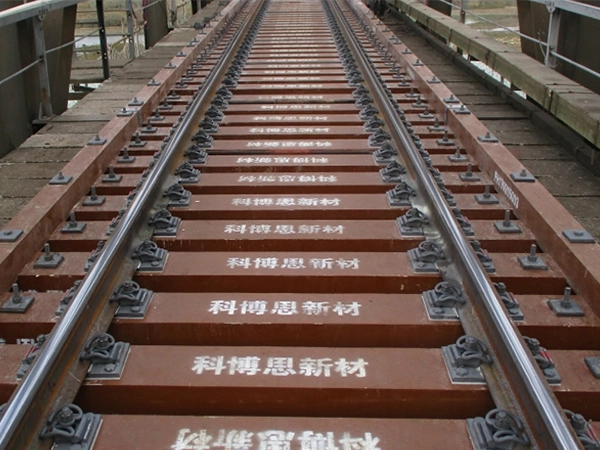Tungsten is a rare and extremely hard metal that can be used in a variety of ways. Tungsten rods are used in a multitude of applications, including welding, electrical contacts, and creating high-temperature filaments in light bulbs and other types of lighting equipment. The operating principle of a tungsten rod is based on its unique mechanical and electrical properties.
When subjected to high temperatures, tungsten is able to maintain its structural integrity, making it ideal for use in high-temperature applications. Additionally, tungsten has a high melting point, which allows it to remain solid and stable even in extreme environments. Tungsten also has excellent electrical conductivity, making it an ideal material for use in electrical contacts and other electronic components.
Overall, the operating principle of a tungsten rod is based on its ability to withstand extreme temperatures, maintain its structural integrity, and conduct electricity efficiently. These properties make tungsten a valuable and versatile material in a range of industries.


 EN
EN
 jp
jp  ko
ko  fr
fr  de
de  es
es  it
it  ru
ru  pt
pt  ar
ar  tr
tr 